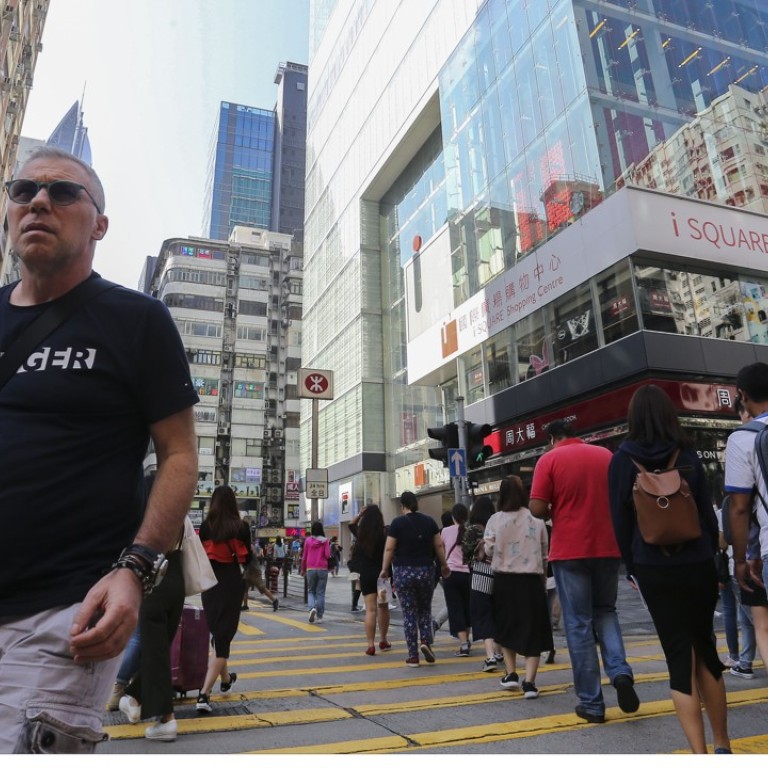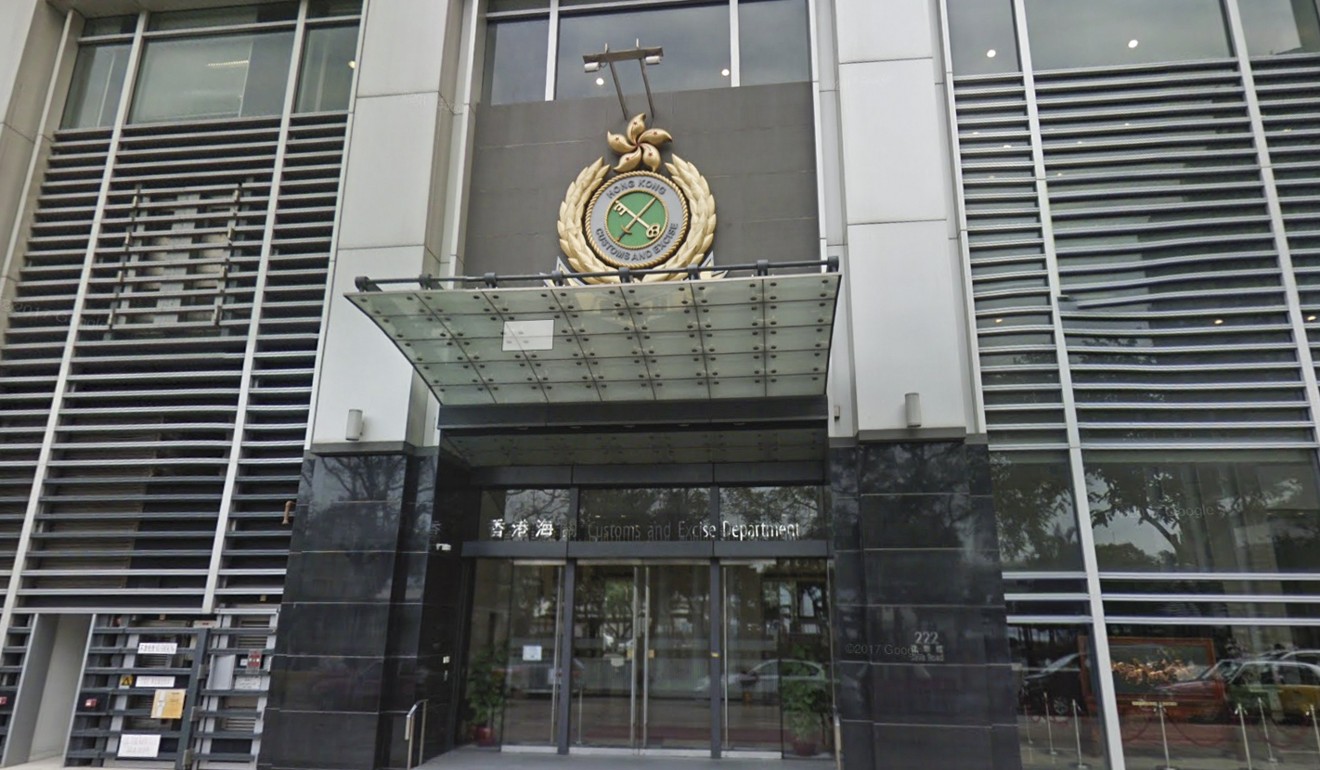
Few complaints against dodgy service providers in Hong Kong make it to court, watchdog finds
Agencies say frequent withdrawal of complaints and high threshold of proof needed for conviction account for low prosecution rate
The prosecution rate against dishonest service providers in Hong Kong was as low as about 2.5 per cent over a 4½-year period since the trade descriptions law was changed, prompting the government spending watchdog to call for a full review of enforcement work.
But law enforcement agencies attributed the low rate to the high threshold of proof needed for a criminal conviction and also the frequent withdrawal of complaints.
The amended Trade Descriptions Ordinance against unfair sales practices, such as false and misleading trade descriptions, bait advertising and wrongly accepting payment, came into force in July 2013.
The latest report from the Audit Commission revealed that the Office of the Communications Authority (OFCA) received 2,845 service-related complaints as of December 2017. But the office had only completed detailed investigations in 39 cases, with only one case leading to prosecution, a rate of 2.56 per cent.

Customs officials had also looked fully into 407 of 10,247 service-related complaints, but only 26 cases, or 6.39 per cent, were brought to court. The prosecution rate of complaints against products reached 27 per cent.
“There is still a need to ascertain the major contributing factors of the lower prosecution rate for services to enhance the effectiveness of the amended Trade Description Ordinance,” the audit report stated.
“With the lapse of over four years since its implementation, it is opportune for the [two authorities] to undertake a comprehensive review on the enforcement issue.”
Hong Kong watchdog considers new law on product and service refunds
Citing its reviews in 2015 and 2016, the OFCA told the watchdog that it was more difficult to collect sufficient evidence against misconduct relating to services than goods, while the criminal regime under the ordinance required more stringent rules of evidence to prove an offence beyond reasonable doubt.
“In contrast with goods which were tangible and could be produced as direct evidence, services were intangible and it was more complicated to collect sufficient evidence against misconduct of traders to prove their engagement in unfair trade practices,” the report quoted the office as saying.
It’s high time we warmed up to a cooling-off period for contracts
The office would further enhance enforcement work.
Customs told the watchdog that the withdrawal of complaints was one of the factors affecting the prosecution rates other than insufficient evidence.
“Many complainants dropped cases because they did not want to go through the investigation process as it might take a while. Others withdrew complaints as they had settled the transactions or disputes with the providers,” a custom source said.
“Some visitors often forgot case details or were unwilling to return to testify, which also led to a low prosecution rate.”
Customs authorities said in a statement on Wednesday night that between 2014 and 2017, more than 70 per cent of complaints involving the services sector could not be pursued because complainants had either withdrawn them or refused to assist in investigations.
“In particular, these two factors accounted for more than 80 per cent of the complaints involving the beauty and fitness sectors,” the statement said.
Under the ordinance, any trader who engaged in dishonest sales practice, such as applying a false or misleading trade description to a service or product, was liable to a maximum fine of HK$500,000 (US$64,100) and five years’ imprisonment.
Hong Kong’s ‘buyer beware’ approach to shopping is pragmatic but wasteful
The watchdog also raised concerns over the timeliness of customs completing investigations, with the report showing that up to 65 per cent of cases related to the safety of toys and children’s products were delayed beyond the 90-day standard.
In one case, officers took about 15 months to stop the sale of an unsafe mat after receiving complaints in August 2014. The agency said the mat had been out of stock and then safety tests were delayed for another four months as the government laboratory was busy with other work.

